BURGTHEATER Wien (Austria)
FRAULEIN JULIE (Gospođica Julija)
August Strindberg
Summer 1888. It has not taken August Strindberg long at all to write MISS JULIE. He committed it to paper between 22 July and 10 August, and in the ensuing weeks he wrote his famous preface (perhaps taking longer than for the play itself): „As modern characters living in an age of transition more urgently hysterical at any rate than the age which preceded it, I have described my figures as more vacillating and disintegrating than their predecessors, a mixture of the old and the new.“
Today we again find ourselves in a period of transition with dwindling security. If nothing else, the reason the plays of the late 1800s are still so relevant today is because they are messages from periods of upheaval, and because, in a way, we are just as lost as Jean and Julie. And because, when two entities are daydreaming and a third is scheming, there is no doubt as to who will be seizing the power.
CAST:
DIRECTOR: Mateja Koležnik
SET DESIGNER: Raimund Orfeo Voigt
COSTUME DESIGNER: Ana Savić Gecan
CHOREOGRAPHER: Matija Ferlin
MUSIC: Michael Gumpinger
LIGHTING DESIGN: Norbert Piller
DRAMATURGE: Gotz Lineweber
Cast:
Sarah Viktoria Frick: Kristin
Maresi Riegner: Julie
Itay Tiran: Jean
Mateja Koležnik
Mateja Koležnik is one of the leading names in Slovenian theatre. She studied Philosophy and Comparative Literature at the Faculty of Philosophy in Ljubljana, and then Theatre and Radio Directing at the AGRFT in Ljubljana, which she completed in class of Professor Dušan Jovanović.
At the beginning of her career, she performed as a singer-songwriter, going on to assist the famous director and scenographer Meti Hočevar for several years. Since then, thanks to her directing poetics, she has grown into a figure whose plays are staged in Slovenia, Croatia and all over Europe. Koležnik’s theatrical biography includes works by David Hare, Martin McDonagh, David Harrower, Susan Sontag.
Among others, Koležnik has won the Prešeren Award, a Slovenian recognition for the greatest achievements in culture. Her staging of “Knives in Hens,” which we have had an opportunity to see in our country, earned her the Borštnik Award, and she received the same award in 2004 for the set design for the play “Death of a Traveling Salesman.”
As a theatre director, her notable productions include the plays “Beauty Queen Of Leenane,” “Antigone in New York,” “The Birthday Party,” “Three Tall Women,” “How I Learned to Drive,” “Who’s Afraid of Virginia Woolf?”, among others.
photo: Susanne Hassler-Smith
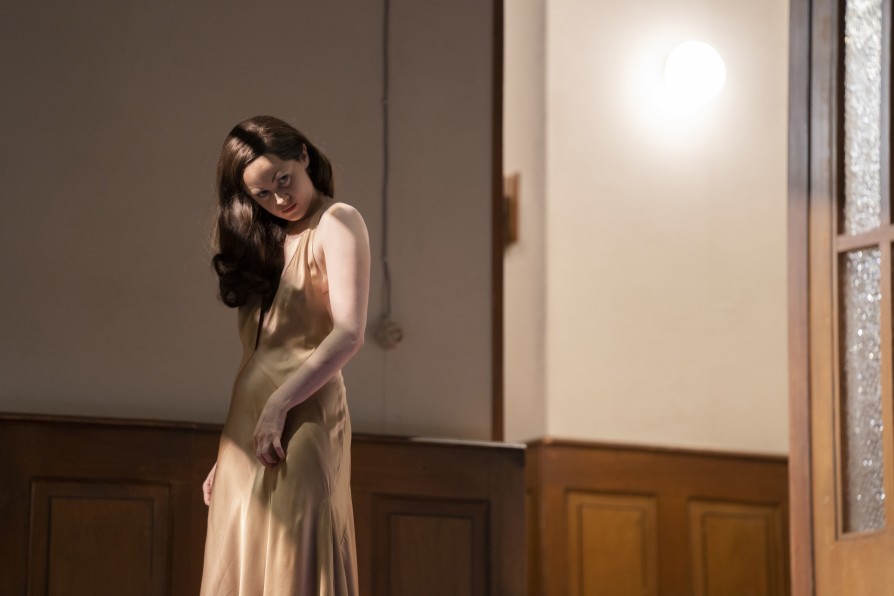
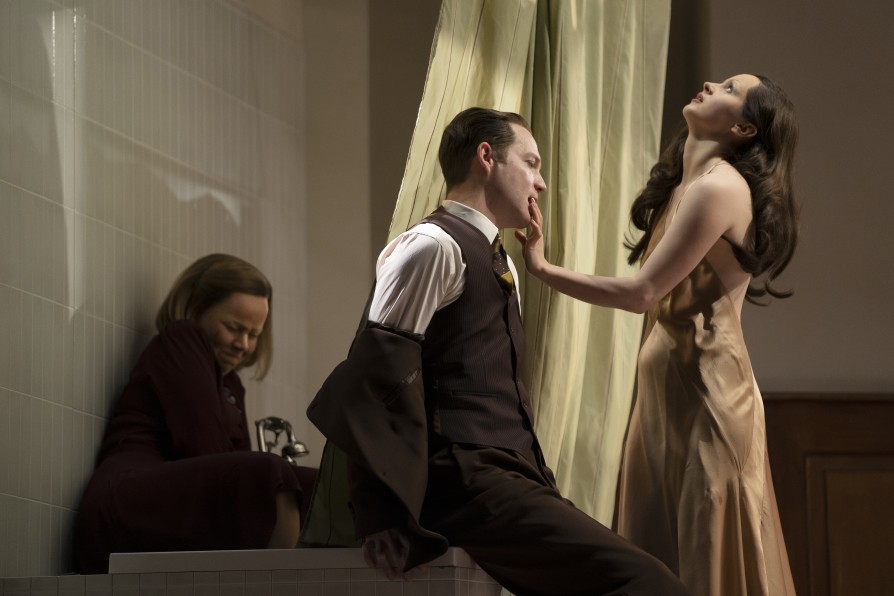
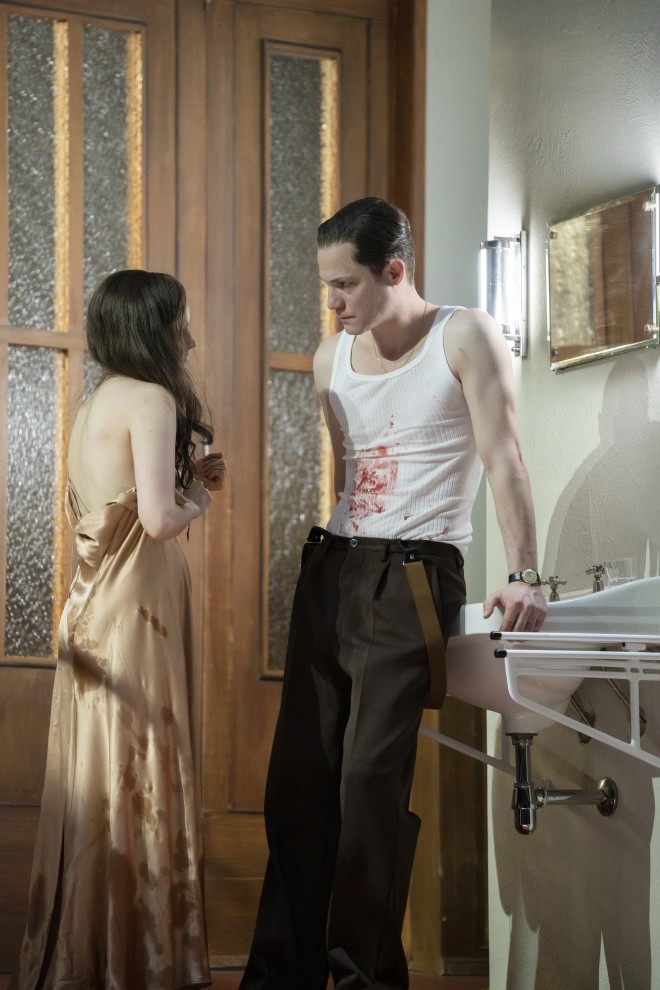
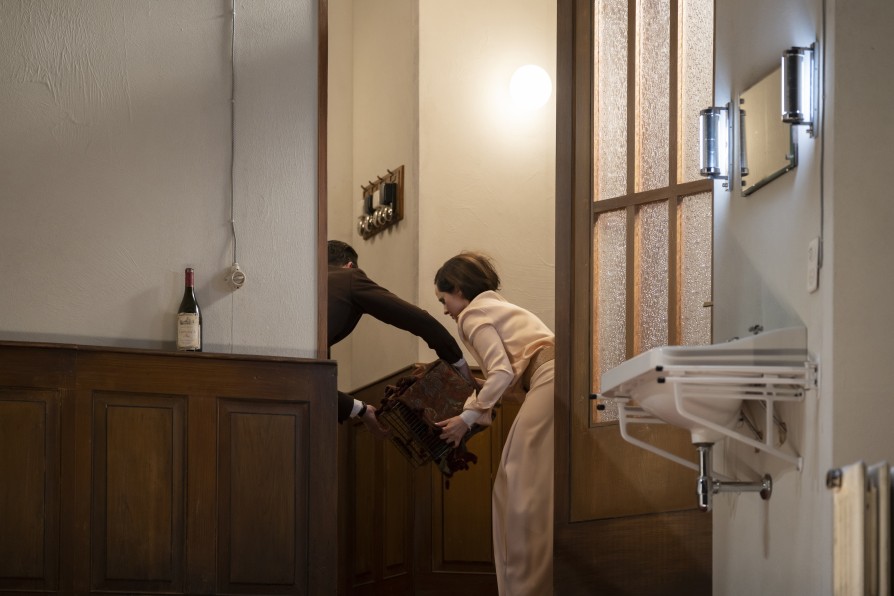
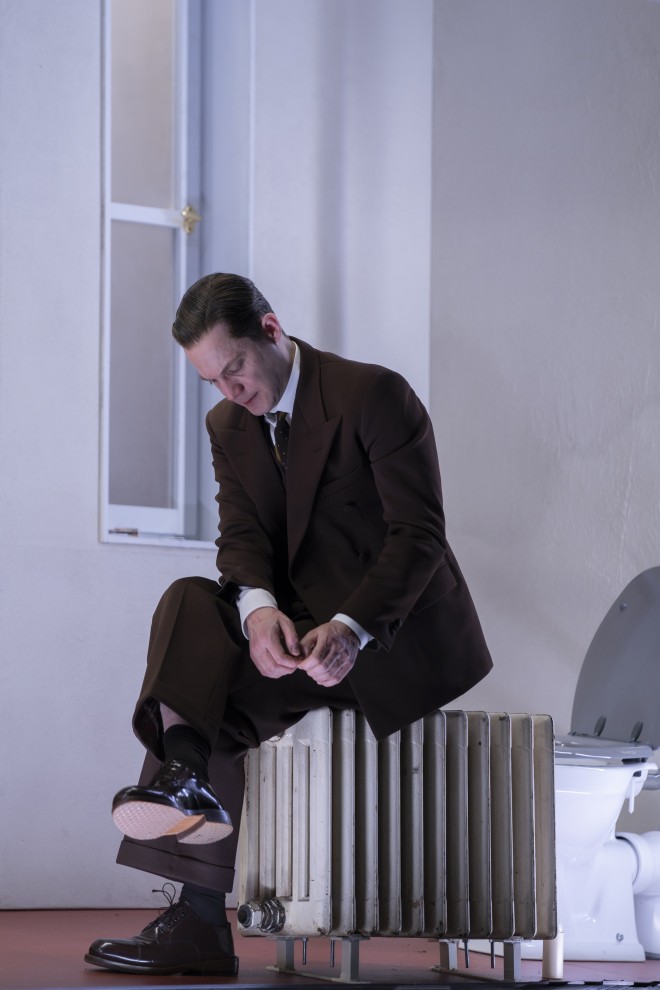
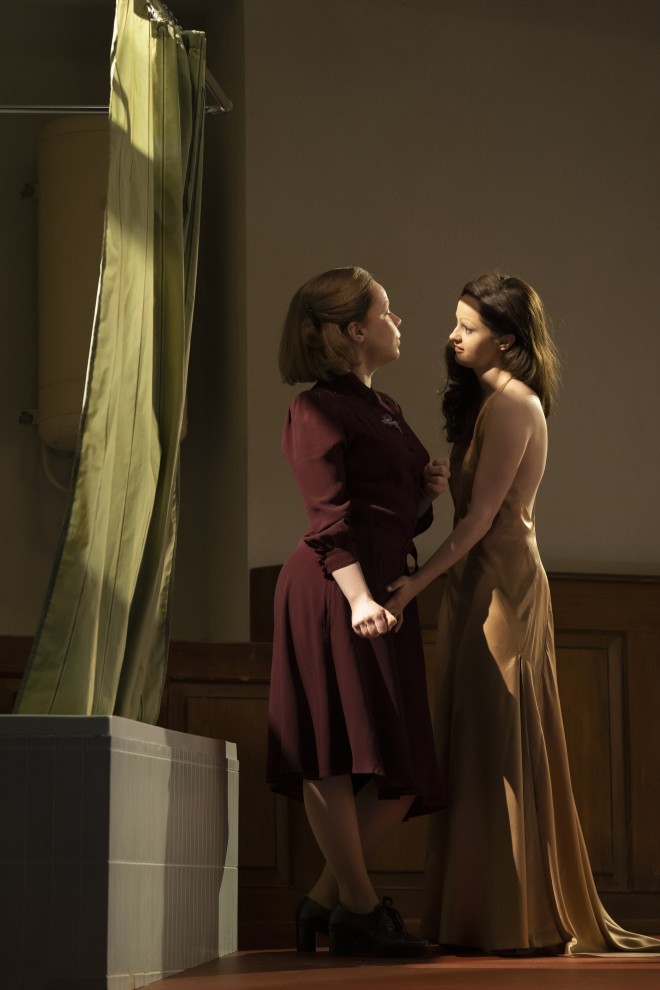
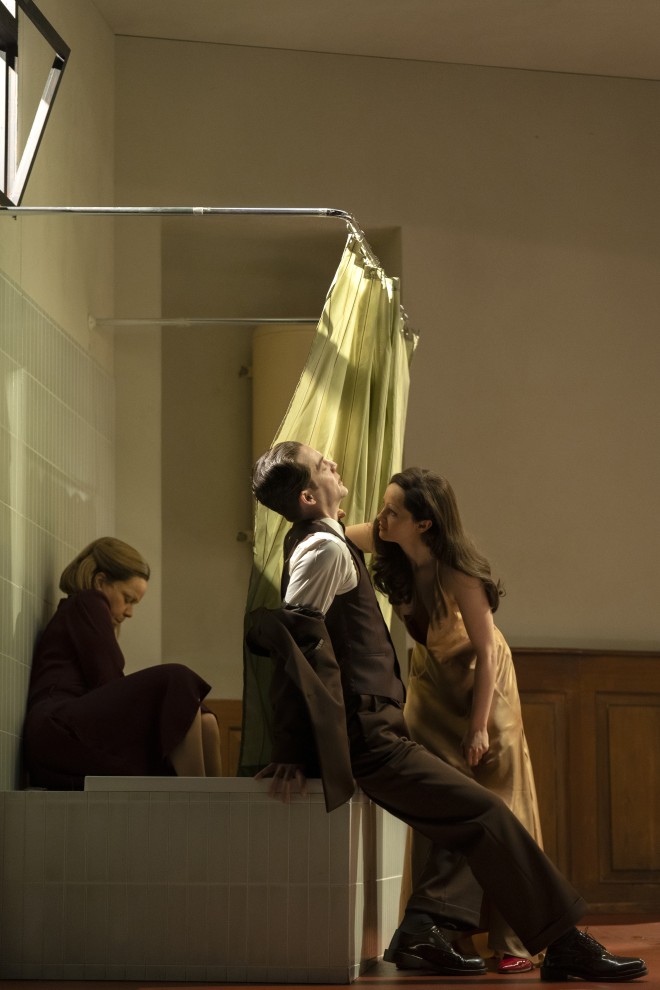
(Gospođica Julija)
August Strindberg
Summer 1888. It has not taken August Strindberg long at all to write MISS JULIE. He committed it to paper between 22 July and 10 August, and in the ensuing weeks he wrote his famous preface (perhaps taking longer than for the play itself): „As modern characters living in an age of transition more urgently hysterical at any rate than the age which preceded it, I have described my figures as more vacillating and disintegrating than their predecessors, a mixture of the old and the new.“
Today we again find ourselves in a period of transition with dwindling security. If nothing else, the reason the plays of the late 1800s are still so relevant today is because they are messages from periods of upheaval, and because, in a way, we are just as lost as Jean and Julie. And because, when two entities are daydreaming and a third is scheming, there is no doubt as to who will be seizing the power.
